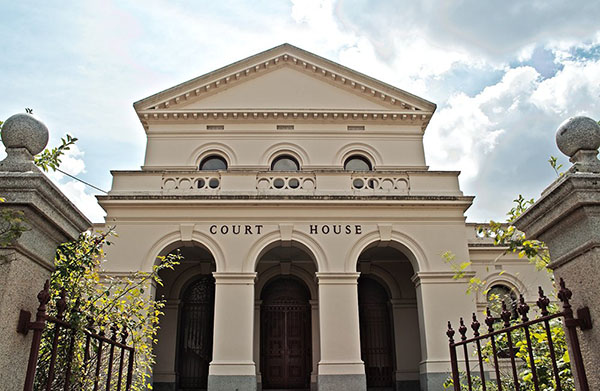01
Oral Arguments and Court Proceedings
Live streaming can be used to broadcast oral arguments and court proceedings in real-time. This allows the public, including journalists, researchers, and interested parties, to observe the legal process remotely. It promotes transparency and openness in the judicial system.
02
Public Announcements and Press Conferences
Courts may use live streaming to make public announcements, provide updates on ongoing cases, or conduct press conferences. This enables journalists and the public to receive timely information directly from the court, fostering accurate reporting and increasing public awareness.
03
Educational Outreach and Legal Education
Live streaming can be utilized to offer educational programs and legal education initiatives. Courts can organize webinars, panel discussions, and workshops on various legal topics, making them accessible to law students, legal professionals, and the general public. This promotes legal literacy and understanding.

04
Judicial Training and Professional Development
Live streaming can facilitate judicial training sessions, conferences, and seminars. Judges and legal practitioners can participate remotely, expanding their opportunities for continuing education, knowledge sharing, and collaboration.
05
Appellate Court Hearings
Live streaming can be employed specifically for appellate court hearings, allowing interested parties to follow the proceedings and witness the legal arguments and discussions. This promotes transparency and enables broader access to the appellate process.
06
Remote Testimony and Witness Appearances
Live streaming can be utilized to enable remote testimony and witness appearances. This is particularly useful for witnesses who are unable to physically attend court proceedings, such as those residing in different jurisdictions or facing travel constraints.
07
Legal Research and Archive Access
Courts can implement live streaming workflows that provide access to archived court recordings and proceedings. This allows researchers, legal professionals, and the public to retrieve and review past cases, promoting legal research and analysis.

It's important to note that the implementation of live streaming workflows in courts requires careful consideration of legal and privacy concerns, as well as the consent of parties involved. Each jurisdiction may have specific rules and regulations governing the use of live streaming in court proceedings.


